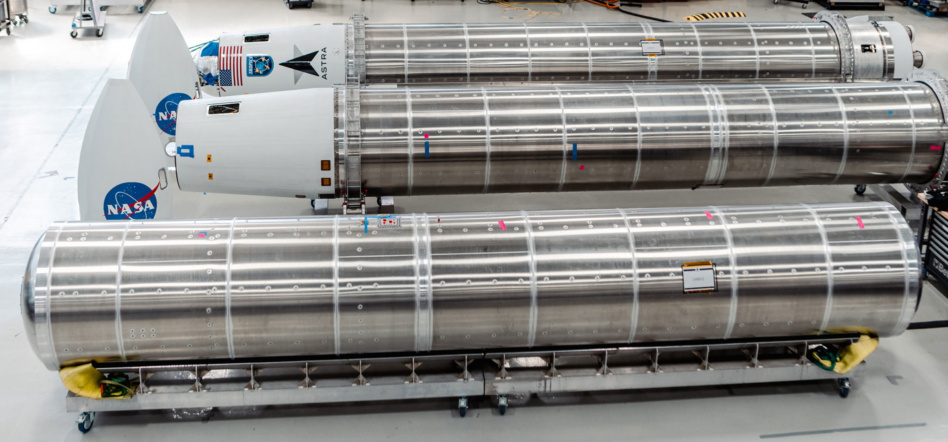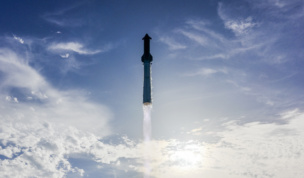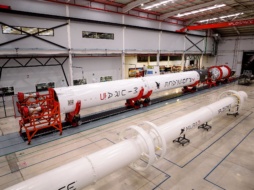Earnings season is fully upon us, with companies from both sides of the launch and satcom aisle releasing results last week. The SPAC side of last week’s reporting left much to be desired, as companies adjust to a harsh macroenvironment, program delays, and shortening runways.
Starting with the launch SPACs…
$ASTR: Astra won’t launch again this year, and is all-in on pivoting from Rocket 3.3 to 4.0. The launcher’s change of heart seems to vindicate commentators who say the smallsat market is already oversupplied. Astra reported a $82.6M Q2 operating loss on $2.7M in revenue, and ended June with ~$201M in the bank.
- Management expects to keep the <$5M base bulk price for dedicated launches.
- The company commenced customer deliveries of its Astra Spacecraft Engine, with total committed orders up 69% over Q1 2022.
- The company also recently secured a $100M committed equity facility to extend its runway.
$SPCE: Virgin Galactic pushed back the debut of its spaceflight service further, now targeting Q2 2023 for commercial launch. It booked ~$357,000 in Q2 revenue, down 37% YoY. The company’s quarterly operating loss was $109.7M. Virgin ended Q2 with $330M in the bank.
- The human spaceflight company partnered with Boeing subsidiary Aurora Flight Sciences to build two new Motherships, the first of which is expected to enter service in 2025.
- Virgin Galactic also announced the construction of its new delta class spaceship manufacturing facility in the Phoenix area, expected to be fully operational in late 2023, and says it secured land in New Mexico for an astronaut training facility.
The Satcom Roundup
$GSAT: Globalstar reported a 22% YoY jump in revenue this quarter, reaching $36.8M. The company attributed an increase in service revenue in its commercial IoT business and a payoff from long-term investments as the cause for the bump. The company’s quarterly operating loss was $11.4M.
$TSAT: Telesat booked CAD $186.6M ($145M) in revenue this quarter. The satellite operator attributed the 1% YoY decrease to the reduced renewal value of a key long-term direct-to-home customer contract. Its net loss reached CAD $4.4M ($3.42M) in comparison to last year’s net income of $53 million. The company has upped its 2022 revenue guidance to $740M-$750M (previously $720M-$740M).
- Telesat expects a revenue hit from potentially having to retire the Anik F2 satellite three years earlier than expected (h/t SpaceNews).
- The Canadian company also says that due to inflation and program delays, the cost of building out its LEO broadband constellation have increased 5-10%.
$SATS: Rounding up, EchoStar pulled in $500M in revenue in Q2 (flat year-over-year) and reported net income of $10.4M (-70% YoY). The satcom operator attributed the drop primarily to unfavorable investment performance. EchoStar subsidiary Hughes lost 60,000 subscribers between Q1 and Q2 of this year, ending June with 1.35M broadband subscriptions.
$SESG: The GEO satellite operator reported H1 revenues of €899M ($916M), up 2.8% YoY, and adj. net profit of €168M ($171.1M, +11% YoY). Last week, reports surfaced that SES and American frenemy Intelsat are in merger talks.
$TRMB: Trimble reported a Q2 revenue of $941.2M, up 6% YoY with ARR reaching $1.51B, up 12% YoY. The company’s cash position stands at $30.1M.
Looking ahead…Many more space companies report results this week, so we’ll have more to share soon.




